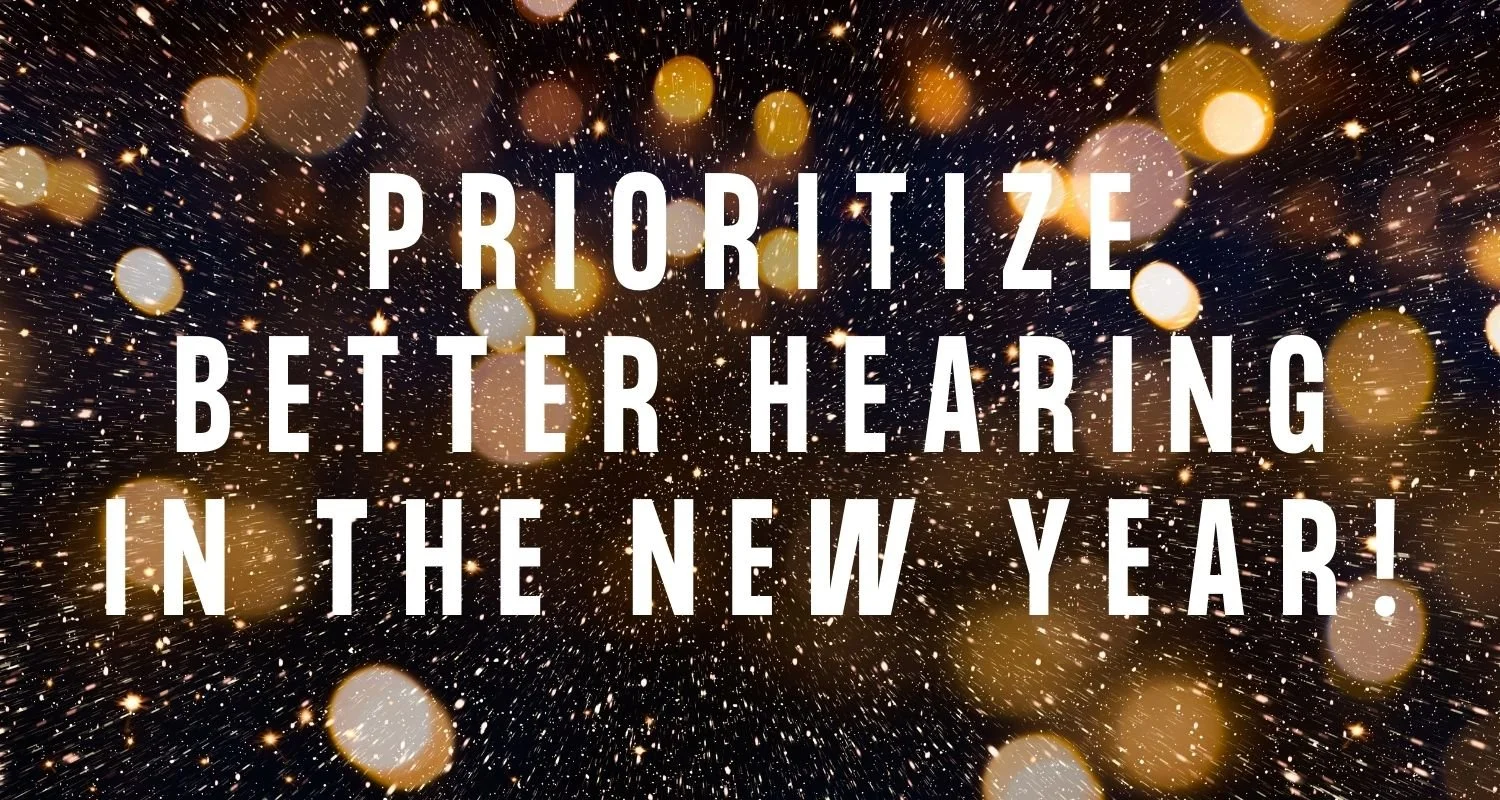Did you know that using hearing aids not only improves your ability to hear but also contributes to enhanced cognitive health? There is exciting research linking hearing aids to cognitive function and how they can positively transform your life. Get ready to embark on a journey of improved hearing, increased brain engagement, and a brighter future!
How Hearing Aids Affect Cognitive Health:
According to a study conducted by Johns Hopkins University in 2011, hearing loss can significantly accelerate cognitive decline, affecting memory, attention, and problem-solving abilities. However, they did find that regular use of hearing aids was associated with improved cognitive function, including memory, attention, and processing speed. These findings emphasize the importance of seeking and utilizing hearing aids as part of a comprehensive approach to maintaining cognitive health. Using hearing aids can help mitigate cognitive decline in these specific ways:
1. Enhanced Auditory Stimulation
Hearing aids restore the sounds you've been missing, stimulating your brain's auditory centers and maintaining their vitality. By amplifying and clarifying sounds, hearing aids provide consistent and accurate auditory input, enabling your brain to actively process information and engage in conversations effortlessly.
2. Social Engagement and Mental Stimulation
Hearing loss often leads to social isolation, limiting interactions and reducing mental stimulation. Hearing aids help break this cycle by improving your ability to participate in conversations, social events, and activities. By staying engaged and mentally active, you can support your brain's health and prevent cognitive decline.
3. Reduced Listening Effort
Struggling to hear can be mentally exhausting, as your brain works tirelessly to decipher sounds and fill in the gaps. Hearing aids alleviate this burden by improving speech clarity and reducing background noise, allowing you to focus more easily on conversations and tasks. With reduced listening effort, you can allocate mental resources to other cognitive processes, such as memory and comprehension.
4. Brain Plasticity and Neurological Health
Research suggests that auditory deprivation resulting from untreated hearing loss can lead to structural and functional changes in the brain. However, wearing hearing aids can counteract these effects by promoting brain plasticity, the brain's ability to reorganize and adapt. By keeping your brain active through improved auditory input, you support its health and maintain cognitive abilities.
5. Emotional Well-Being and Quality of Life
Hearing loss can have a profound impact on emotional well-being, contributing to feelings of frustration, anxiety, and even depression. By addressing hearing loss with the use of hearing aids, you regain confidence, improve communication, and strengthen personal relationships. This renewed emotional well-being and increased quality of life positively influence cognitive health.
Embrace the Journey!
If you're considering hearing aids, remember that it's a transformative journey toward better hearing and enhanced cognitive health. Here are some steps to embrace the journey:
1. Seek Professional Guidance: Consult with expert audiologists who will conduct a comprehensive hearing assessment and recommend the most suitable hearing aids tailored to your specific needs.
2. Embrace Technology: Explore the vast array of cutting-edge hearing aids available, equipped with features like noise reduction, Bluetooth connectivity, and personalized settings to optimize your listening experience.
3. Patience and Adjustment: It may take some time for your brain to adjust to the newfound sounds and for you to become accustomed to wearing hearing aids. Be patient, and don't hesitate to reach out to your audiologist for support during the adjustment period.
4. Celebrate Milestones: Celebrate your progress along the way, whether it's participating in conversations more confidently or enjoying music with newfound clarity. Each milestone is a testament to your commitment to better hearing and cognitive health.








